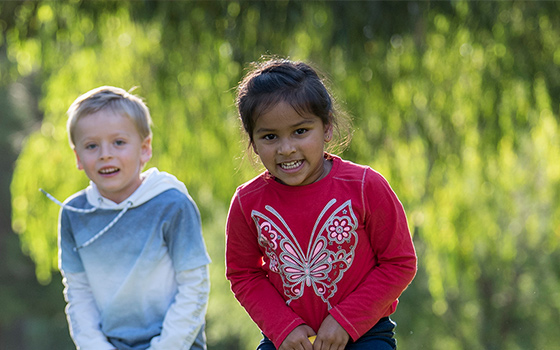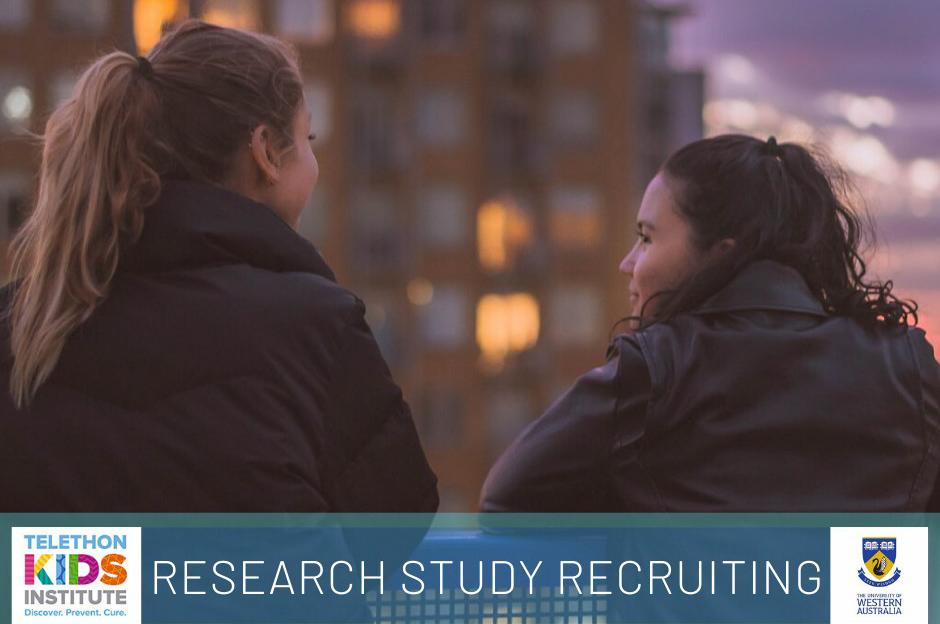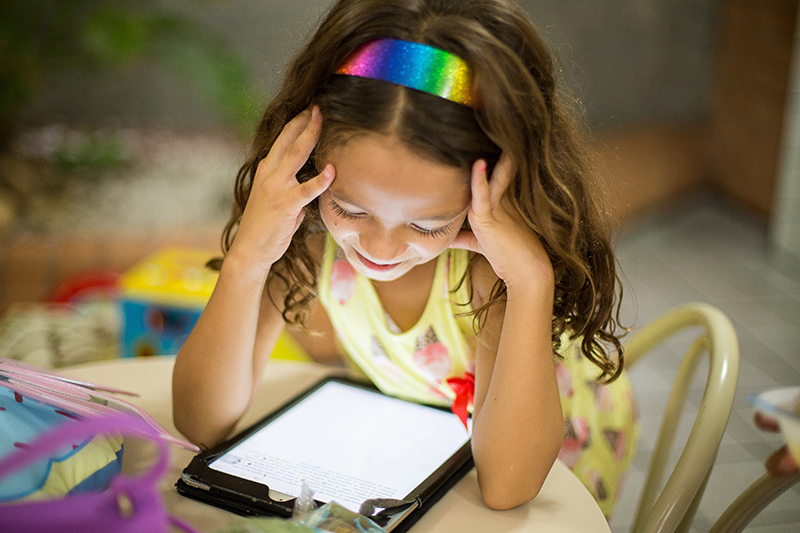Search
We compared the symptoms and genetic characteristics of girls with Rett syndrome and both with and without initial diagnosis of autism.
We described the occurrence of scoliosis in Rett syndrome, how it develops and how it is influenced by the individual's age, mutation type, and walking ability.
Twenty-five families of girls who underwent a spinal fusion between 2006-2012 were interviewed to explore the course of their daughter's recovery.
Many girls and women with Rett syndrome experience seizures. We wanted to know if there were any factors that influenced the age when seizures first developed.
We have recently developed recommendations to support clinical practice for gastro-intestinal disorders including growth and scoliosis in Rett syndrome.
The ARSS has a Consumer Reference Group to ensure family representation and input into issues relating to the design, management and output of the study.

Join us! Get involved with The Kids through providing a donation, volunteering your time, participating in important research, or with a professional commitment to the institute.
This research project is a collaboration between The Kids Research Institute Australia, Muscular Dystrophy Western Australia, Perth Children’s Hospital and Curtin University.

Are you 14-18 years old and attracted to people the same gender as you? We want you to help us understand how you feel other people see and treat you, and how this affects your mental health.

Parents of Year 4-6 students are invited to complete a brief survey or take part in a focus group on digital technology use by their children.
